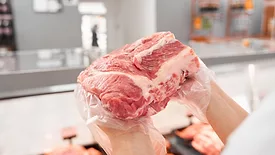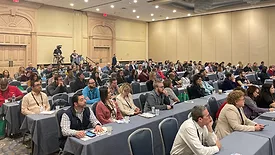Management
FDA also announced new web-based infant formula resources for families, delivered under 'Operation Stork Speed.'
Read More
Never miss the latest news and trends driving the food safety industry
Newsletters | Website | eMagazine
JOIN TODAY!Copyright ©2026. All Rights Reserved BNP Media.
Design, CMS, Hosting & Web Development :: ePublishing








